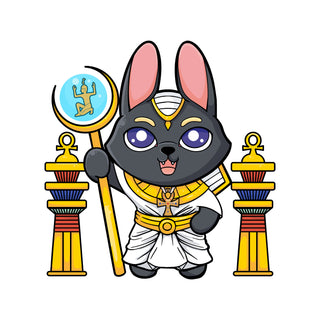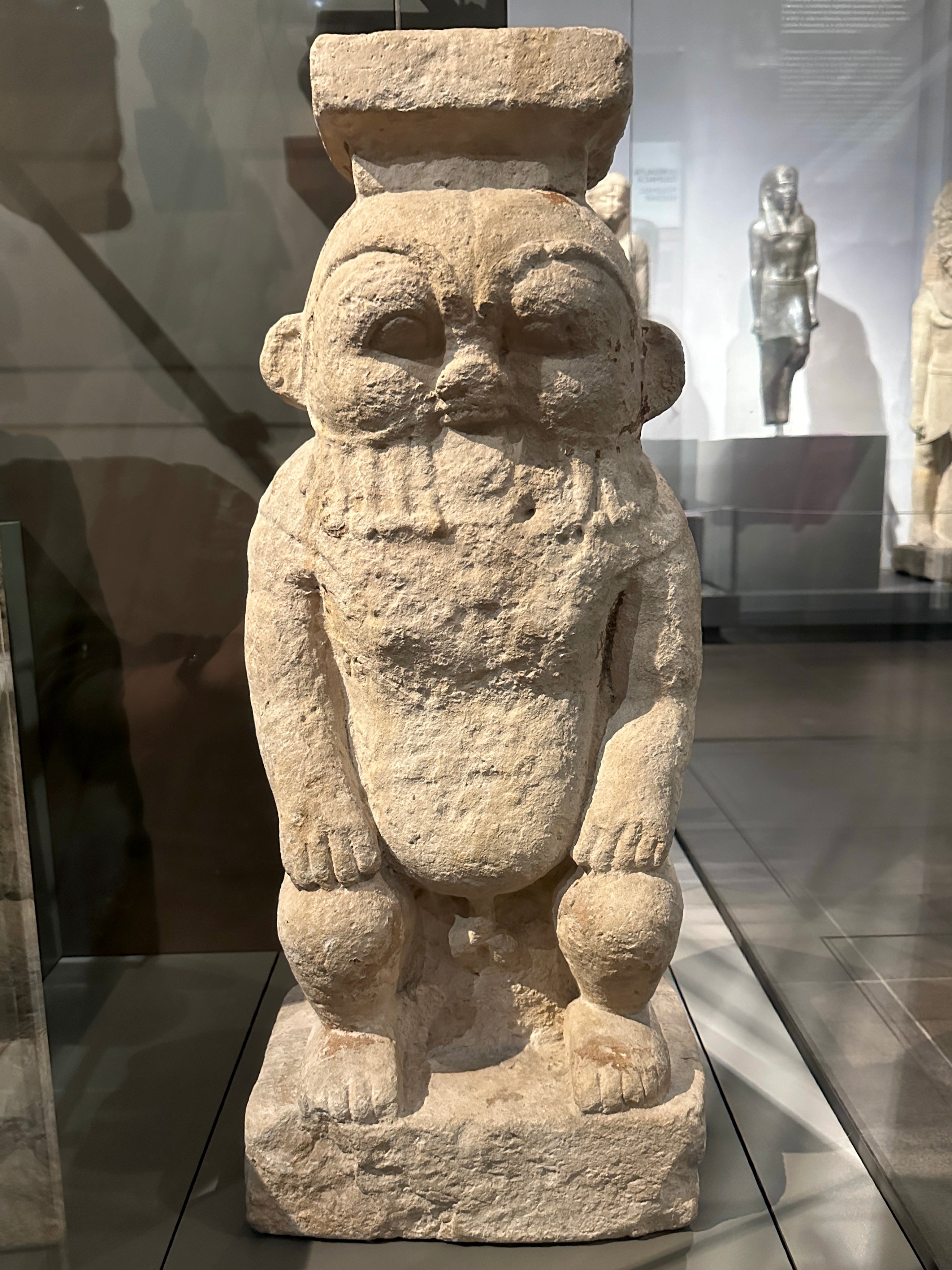Bes, the dwarf god of ancient Egypt, stands out as one of the most distinctive and beloved deities in the Egyptian pantheon. With his gnarled yet endearing appearance, Bes embodied protection, joy, and domestic harmony, playing a crucial role in the daily lives of ancient Egyptians.
A Unique Appearance
Unlike other Egyptian gods typically depicted in profile, Bes was almost always shown full-face, with a lion-like mane, protruding tongue, and short, stubby limbs. His unusual appearance, combining features of a dwarf and a lion, made him instantly recognizable.
Guardian of Households
Bes was primarily revered as a protector of households, especially of mothers, children, and childbirth. His image was commonly found in Egyptian homes, carved onto beds, headrests, mirrors, and makeup containers. Families believed that Bes's presence warded off evil spirits and brought good fortune to their dwellings.
Defender of Childbirth and Infants
One of Bes's most important roles was as a guardian during childbirth. Pregnant women often wore Bes amulets for protection, and his image was incorporated into magical wands used during labor. It was said that if a baby laughed or smiled for no apparent reason, Bes must be nearby, making funny faces.
God of Joy and Merriment
Beyond his protective aspects, Bes was celebrated as a deity of music, dance, and pleasure. Often depicted with a tambourine, he embodied the spirit of festivity and was associated with the positive aspects of life. This joyful nature made him particularly popular among ordinary Egyptians.
Widespread Popularity
Bes's cult spread far beyond Egypt's borders, gaining popularity throughout the Mediterranean. His appeal transcended social classes, from common households to royal palaces. Even in Amarna, where Akhenaten banned most traditional deities, Bes's images persisted, testament to his enduring popularity.
Evolving Roles
Over time, Bes's influence expanded. During the Ptolemaic period, he became associated with fertility and sexuality. "Incubation chambers" decorated with images of Bes and his female counterpart Beset were used by pilgrims seeking cures for infertility or impotence.
A God for the People
What made Bes truly special was his accessibility. Unlike the distant, formal gods of the official religion, Bes was a friendly, approachable deity. His grotesque features were seen not as frightening, but as a powerful means to scare away evil forces.
Bes remains one of the most intriguing figures in Egyptian mythology. His dual nature as a fierce protector and a bringer of joy reflects the complex spiritual needs of the ancient Egyptians. In Bes, we see a god who was not just worshipped, but truly loved – a divine friend who brought comfort, laughter, and safety to the homes and hearts of his devotees.


